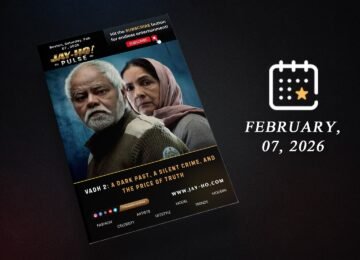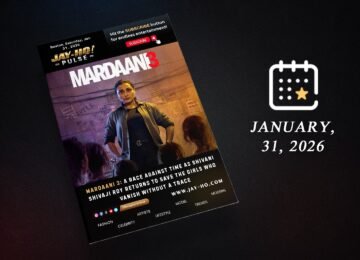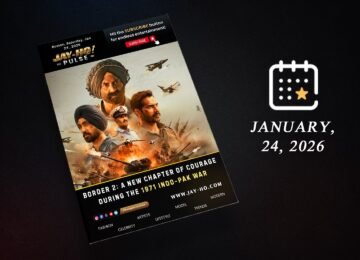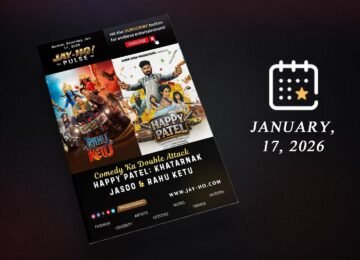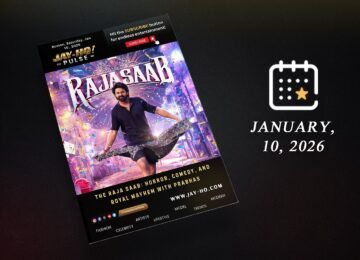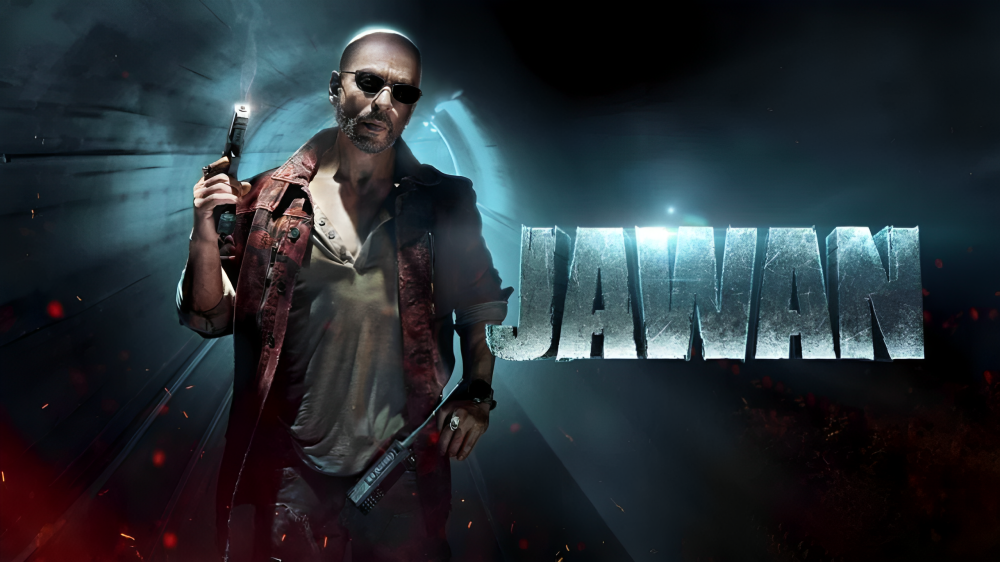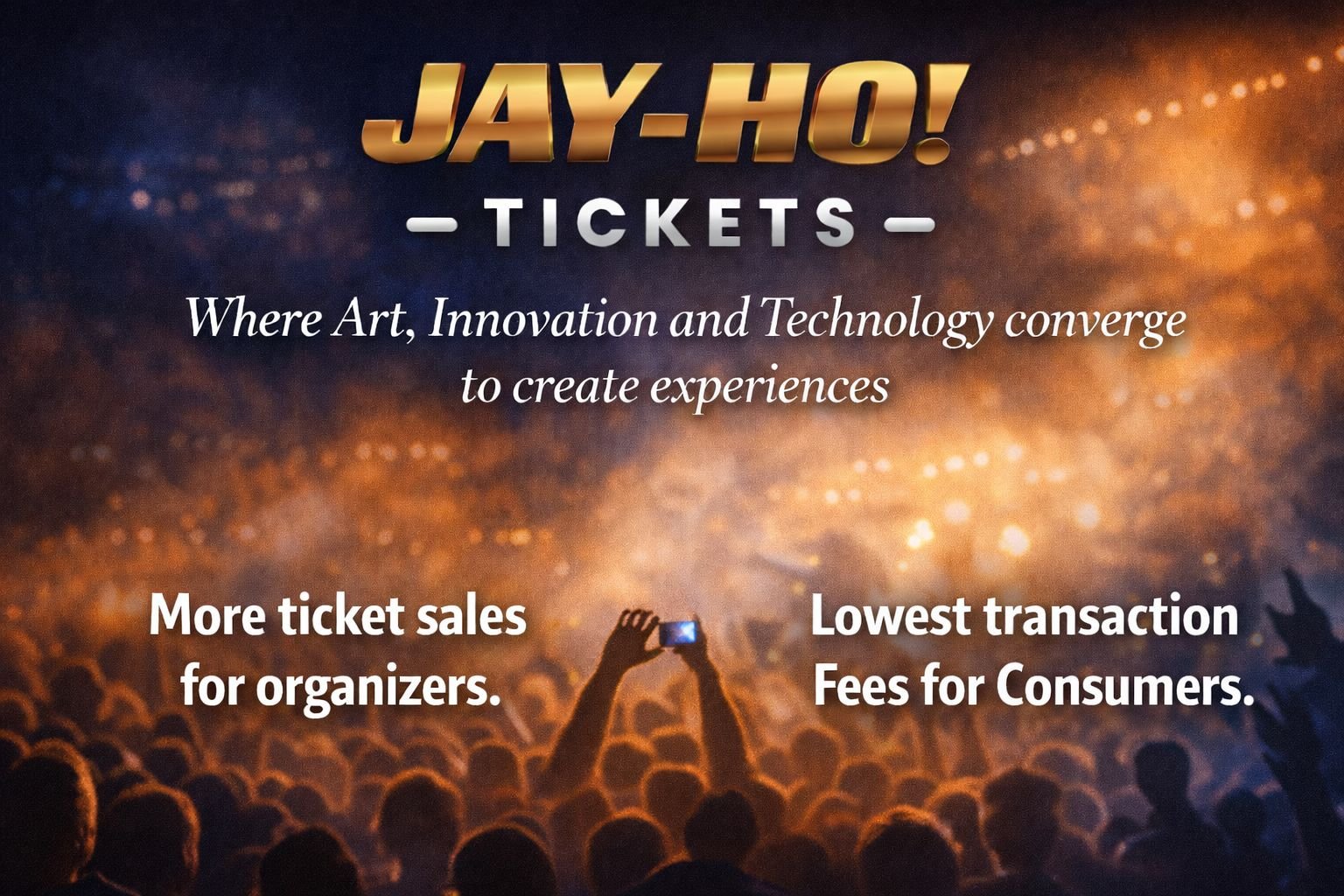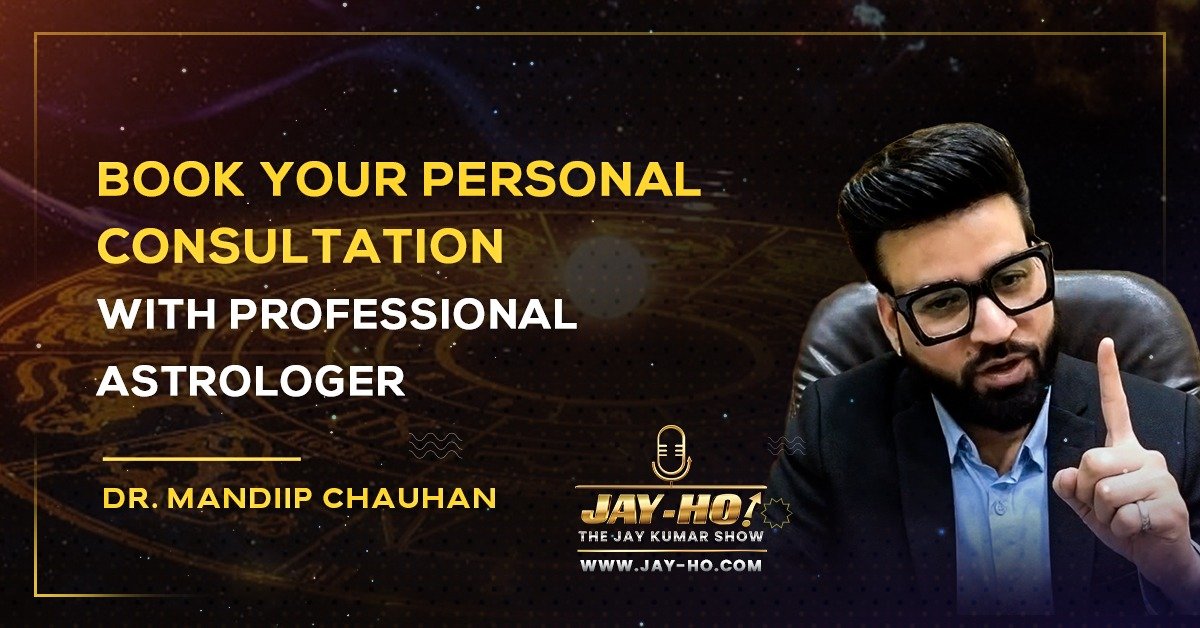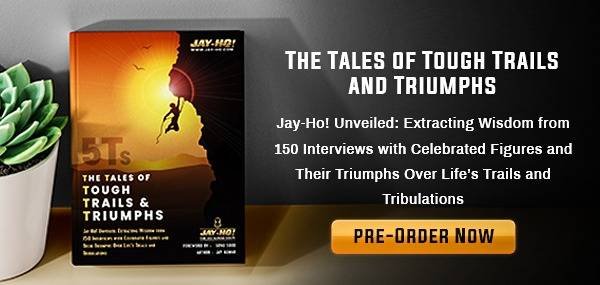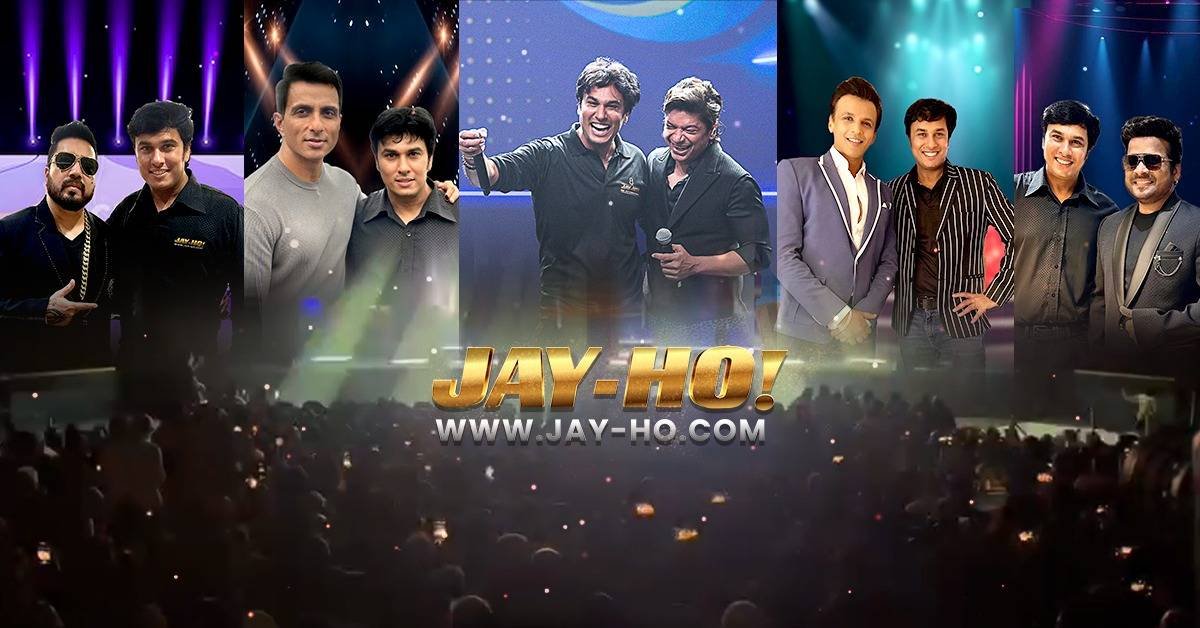It started like any other film debate on social media. Someone shared their opinion, others replied, arguments got heated—and then, suddenly, the conversation wasn’t just about acting, cinema, or awards anymore. It became about something much bigger: authenticity, AI, and the future of online discourse.
Shah Rukh Khan recently won the National Film Award for Best Actor for his performance in Jawan, alongside Vikrant Massey. For SRK fans, it was a long-overdue moment. For others, the choice raised eyebrows. But no one expected the discussion to take a detour into the world of artificial intelligence.
The Spark: A Post That Questioned the Award
A popular social media handle, @theskindoctor, posted a strongly worded critique: “Shah Rukh Khan doesn’t deserve the National Film Award for a masala film like Jawan. He’s a great actor, but this role? Really? Swades, Dil Se, Chak De India would’ve made more sense.”
This was hardly a unique take—film fans argue about awards every year. But what came next turned the debate upside down.
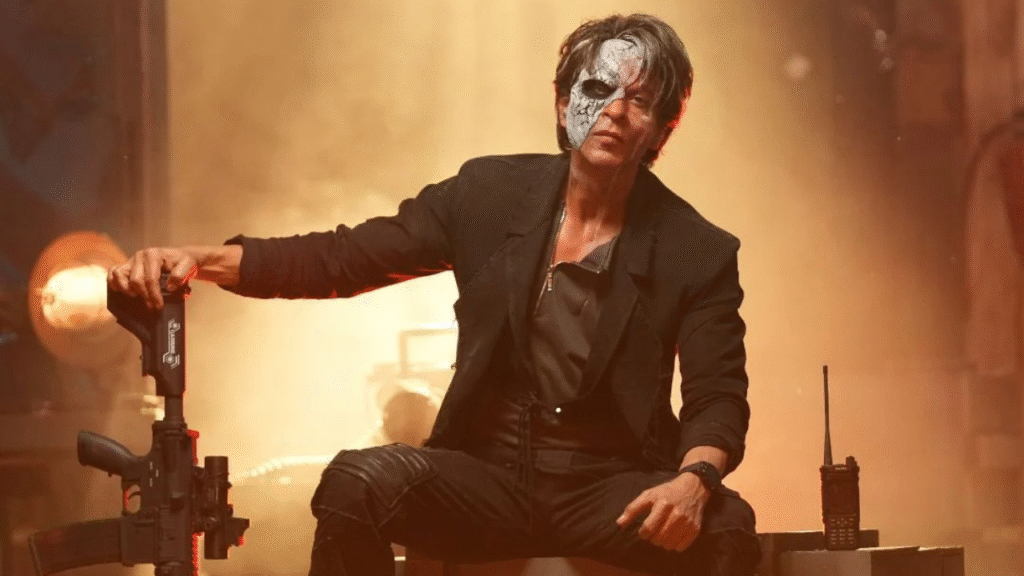
The Counter That Caught Fire
Another user, @Thread_Sutra, responded with a detailed rebuttal: “Totally disagree. The National Award is about acting excellence, not the film’s genre. SRK gave a powerful, layered performance in Jawan. Why gatekeep acting by favoring only ‘serious’ or ‘patriotic’ roles?”
This response went viral. People praised it for clarity and fairness. It balanced logic with passion, and felt like something written by a smart, reasonable fan.
Then came the twist.
Wait… That Was AI?
Soon after the thread exploded, some eagle-eyed users started analyzing the language and tone. It felt too polished. Too structured. Someone decided to check its origin—and found that it was actually generated by ChatGPT.
And just like that, the argument became about more than Shah Rukh Khan.
If an AI can generate such convincing, passionate takes on art and opinion, what does that say about online conversations? Can you trust the next post you read? How many of our “debates” are actually people talking to people?
The Bigger Picture: What Happens When AI Joins the Debate
For years, we’ve known that AI can write essays, scripts, even song lyrics. But this moment hit differently. This wasn’t just AI mimicking human creativity—it was shaping public opinion.
Sure, the content made sense. It wasn’t spreading hate or misinformation. But it raised a difficult question: should opinions be valid if they’re not coming from real people?
Some users felt cheated, saying they engaged with a thought they believed was human. Others didn’t mind at all. “If the logic is sound, who cares who wrote it?” one user commented. And honestly, that’s a fair point too.
Blurring the Line Between Real and Generated
This isn’t the first time AI has slipped into internet culture, and it definitely won’t be the last. But this case was different because it involved something deeply personal to fans: film awards and their favorite star.
It also challenged the way we understand online authenticity. If a chatbot can express an opinion that resonates with thousands, does it matter if there was no human behind it?
There are no easy answers. And maybe that’s the point. We’re entering a world where opinions, arguments, even outrage might be part human, part machine.
But for now, one thing remains true: Shah Rukh Khan has a National Award for Jawan, and whether that performance deserves it or not, the internet’s still figuring out how to talk about it—with a little unexpected help from AI.


